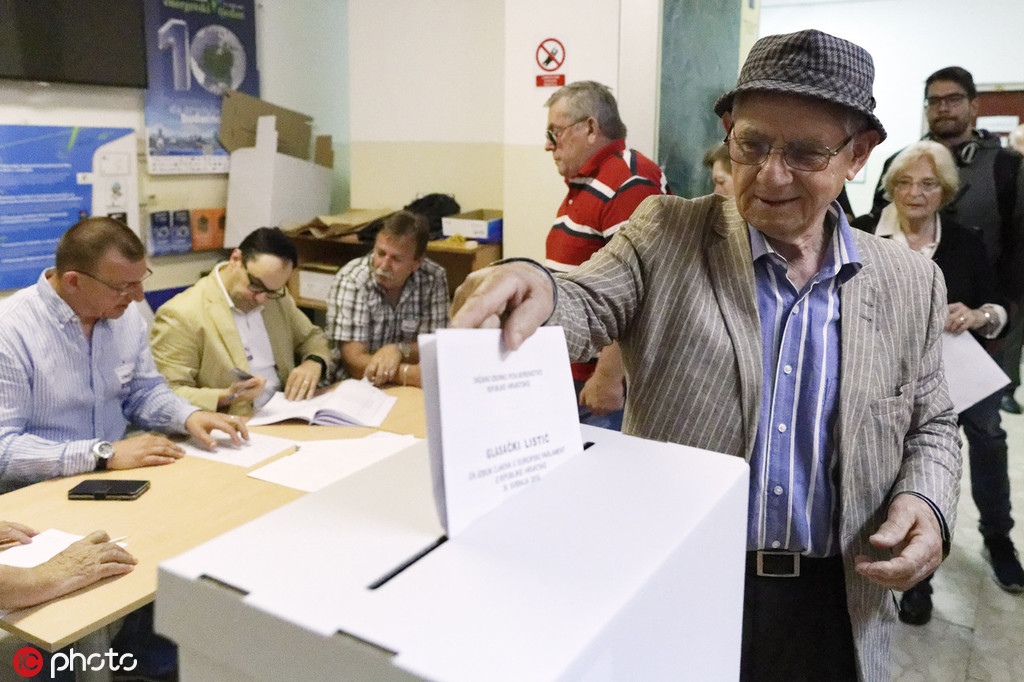Europeans vote in bigger numbers to set EU course


BRUSSELS - Europeans turned out to vote on Sunday in bigger numbers than before in an election pollsters predict will further dent traditional pro-EU parties and bolster the nationalist fringe in the European Parliament.
With the first results expected at 1600 GMT, notably from Germany, turnout was up on the 2014 level in some key countries, including Germany and France. At 1000 GMT, some 29 percent of Germans had voted, up from 26 percent five years ago, while 19 percent of the French had voted, up from 16 percent. Polls there close at 1800 GMT.
Spain saw turnout up about 10 percentage points from 2014 and in Poland, though just 14 percent at 1000 GMT, it was nonetheless double the participation rate at the same time five years ago.
In Hungary, where eurosceptic Prime Minister Viktor Orban issued a rallying cry for his campaign to to "stop migration" as he cast his ballot, turnout was up by more than half, at 31 percent at 1300 GMT, official figures showed.
Seven states have already voted, with 21 joining in on Sunday in what is the world's biggest democratic exercise after India. Provisional results are due after the final vote is cast, in Italy, at 2100 GMT, but the European Parliament will make a first projection of its 751 seats shortly after 1800 GMT.
Right-wing populists top opinion polls in two of the big four member states - Italy and supposedly exiting Britain - and could also win in a third, France, rattling a pro-Union campaign championed by centrist President Emmanuel Macron.
In a Belgian national election held on the same day, early results in the Dutch-speaking half of the country suggested sharp gains for the hard-right Vlaams Belang at the expense of more moderate nationalists.
However, exit polls in some countries that have already voted have given pro-EU parties some comfort. The Dutch Labour party, all but written off, looks to have finished first, helped by the visibility of having the EU socialists' lead candidate, current EU deputy chief executive Frans Timmermans.
In the Netherlands pro-Union parties scored 70 percent, up three points on 2014, and left the upstart anti-immigration party of Thierry Baudet fourth on 11 percent.
The Dutch also turned out in bigger numbers, albeit at just 41 percent, reinforcing hopes in Brussels of reversing a 40-year trend of declining turnout that critics cite as a "democratic deficit" that undermines the legitimacy of European Union lawmaking.
An exit poll after Friday's vote in deeply pro-EU Ireland pointed to an expected "Green Wave". Across the bloc, concerns about climate change and the environment may bolster the pro-EU Greens group and could mean tighter regulations for industry and for the terms the EU may set for partners seeking trade accords.
Britain also voted on Thursday and a new party focused on getting out of the EU was forecast by pre-vote opinion polls to come top, but there has been no exit poll data. Attention there has focused on the resignation of Prime Minister Theresa May. Results will be out late on Sunday.
Reuters

































